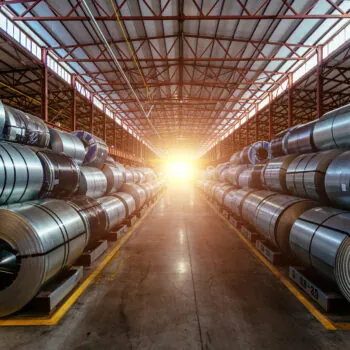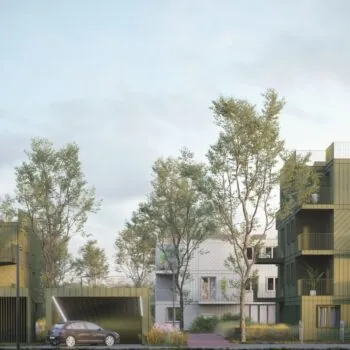Mining companies learnt the hard way the importance of gaining and maintaining a social licence for their operations. The shale gas industry in the UK initially tried to downplay and dismiss public concerns about shale gas fracking. But with public support now languishing at just 22% has the time come for the drilling companies and Government to wake up to the same realisation?
Attempts to gain support for the industry initially focused upon promoting the job creating potential of the sector and its ability to reduce Britain’s soaring energy prices. The figure of 74,000 jobs has been quoted by the Prime Minister. The reality on the ground in Lancashire, the frontier of shale gas exploration in the UK, is 560-2500 local jobs. As for energy bills, even the Chairman of Cuadrilla concedes any impact will be minimal.
Financial compensation
With public support flat lining, local communities are now being offered direct financial incentives: £100K for hosting a test rig and a 1% share of the profits if a well goes into production. Whilst these offers may sound like a big slice of the shale pie, the potential blight on house prices caused by planned shale gas development could quickly cause this to look like a bad deal for locals.
Lancashire residents in the Fylde, where Cuadrilla is currently applying for planning permission to frack two new wells, are already reporting a negative impact on house prices and sales. Buyers are, they say, being deterred both by environmental fears and the prospect of living close to drilling sites which may generate significant levels of both noise and traffic (up to 50 truck movements a day from a single fracking site according to a report prepared for the Government). This blight effect is nothing new. In the US house prices near shale-gas developments fall primarily due to fears that the fracking process may pollute local aquifers, threatening local water supplies.
Managing the wells
Back in the UK, local residents say there is a lack of clarity on how and when the promised compensation will be distributed and the criteria for eligibility. They have questions about whether they will be able to claim compensation for blight to their properties out of these funds. They also want to know who will manage the legacy wells once the drilling companies have left. This is no small issue. Research published by Durham University last month highlighted well barrier/well integrity failure rates for onshore wells of between 1.9-75% and that ownership of 50% of the onshore wells drilled to date in the UK is unclear. Naturally residents will want to know who will pay for a clean up if shale gas wells leak and cause contamination after the drilling companies have left town.
The Government has described environmental concerns around fracking as “based on a lack of understanding” and promised gold plated regulation to address any potential for environmental damage. But stringent regulations mean little if they are not rigorously enforced. In the current climate of austerity and deregulation, communities are concerned that budget cuts will lead to a lack of capacity to police and enforce these regulations in key regulatory authorities such as the Environment Agency (whose staff is due to shrink by a quarter in the next 1-2 years).
Public support
If Britain’s energy future is to include shale gas, this is a decision that must be made by and with the communities that will have to live with it. The recent protests at Barton Moss in Manchester and Balcombe in Sussex, underscore this point and provide indicators of the hurdles that must be overcome both by the Government and the industry to gain the public acceptance needed for large scale drilling.
Yet it seems the cards are currently stacked against local residents and councils. They are finding the planning permission process does not leave room for the more wide ranging debate they want to have about the risks and costs of fracking and the role of shale gas in our energy mix. A deliberative public engagement process is needed to allow these views to be expressed, taken account of and a consensus reached. In entering into such a process, the Government will have to be prepared to confront the fact that people may want an energy future based not on more fossil fuels but on community generated and owned renewables – as the people of Balcombe have shown last week in choosing solar over shale.
Rebecca travelled to Lancashire last week with John Ashton, who addressed Lancashire County Council on shale gas. A copy of his speech can be found here.
Recently E3G also published a briefing entitled 'Shale gas: four myths and a truth'.


